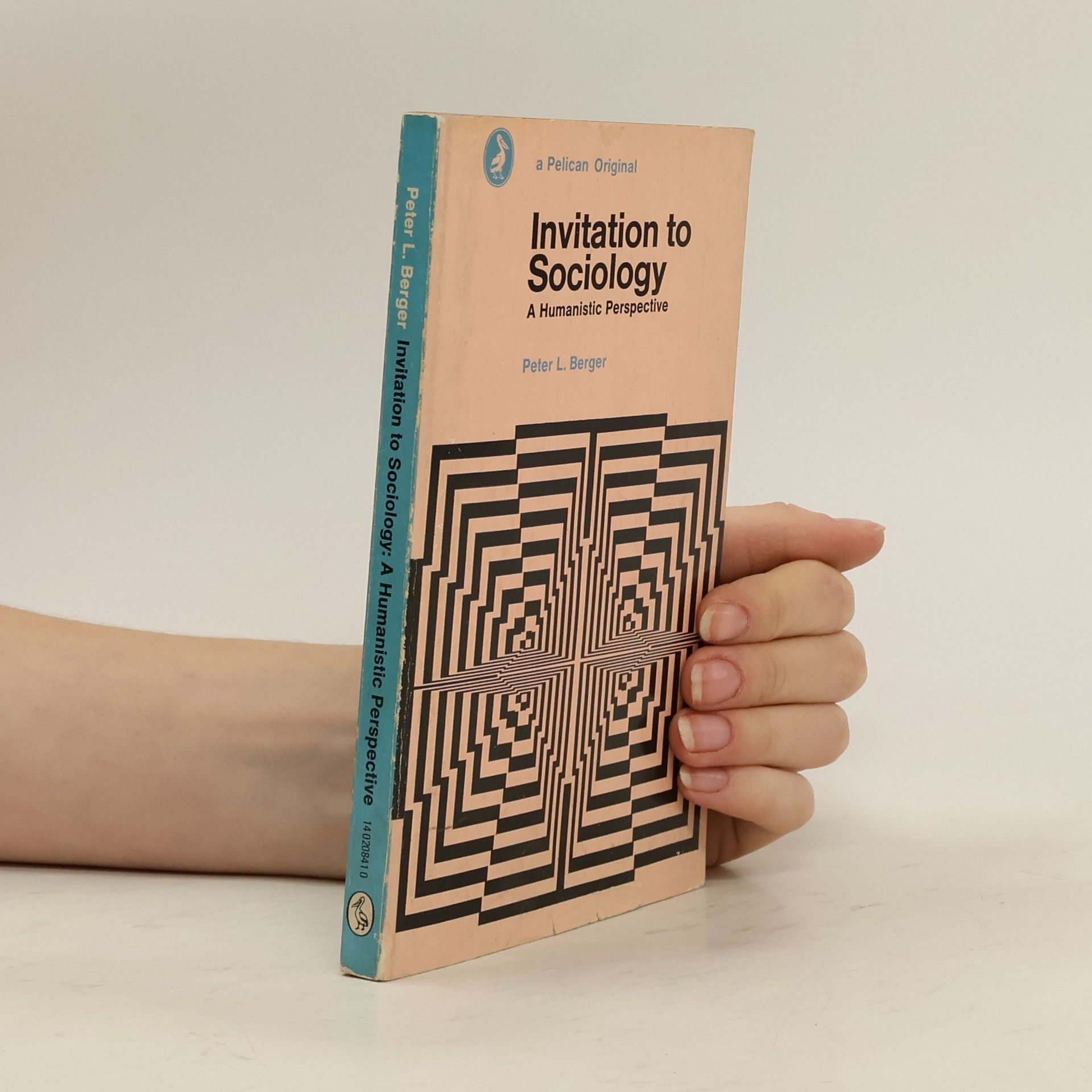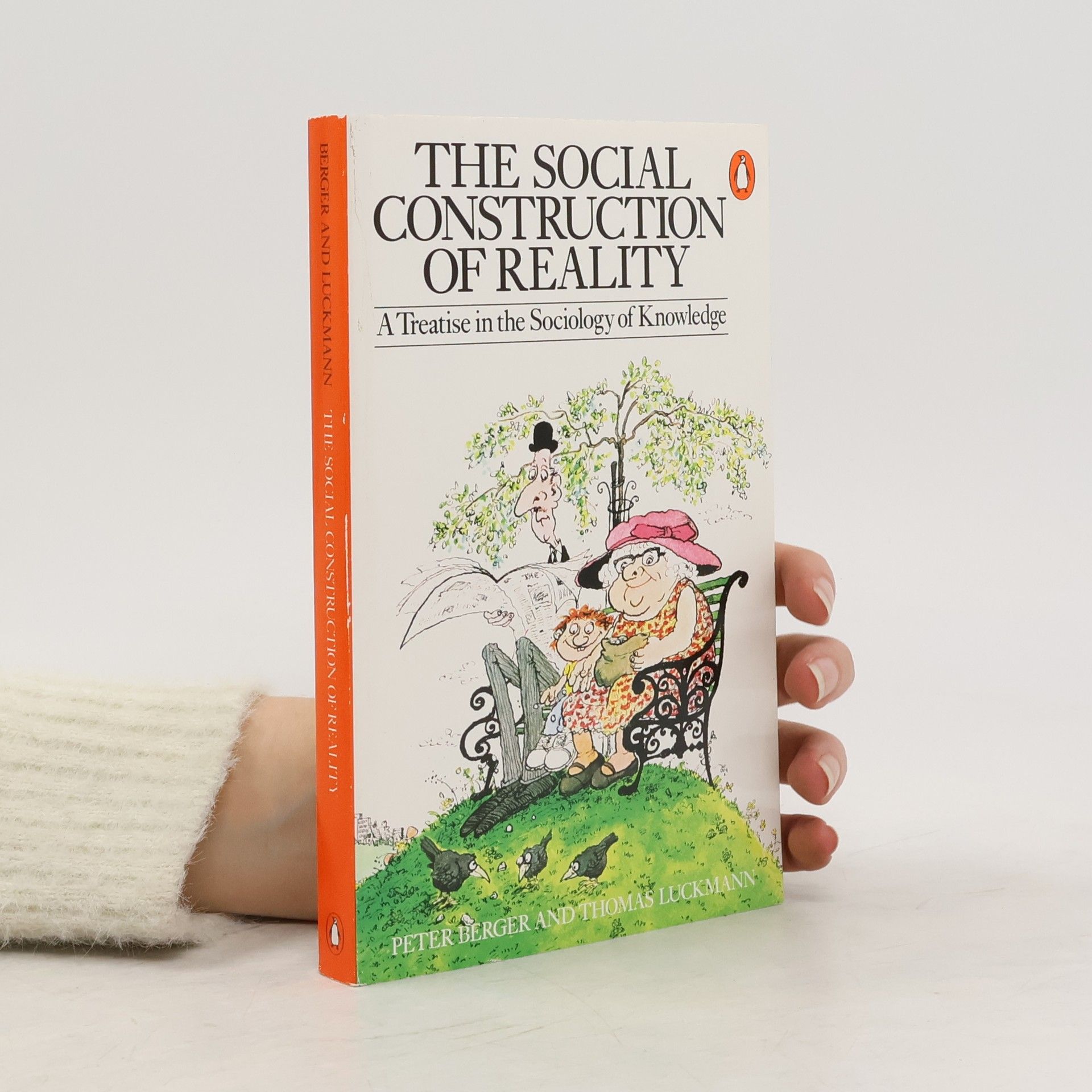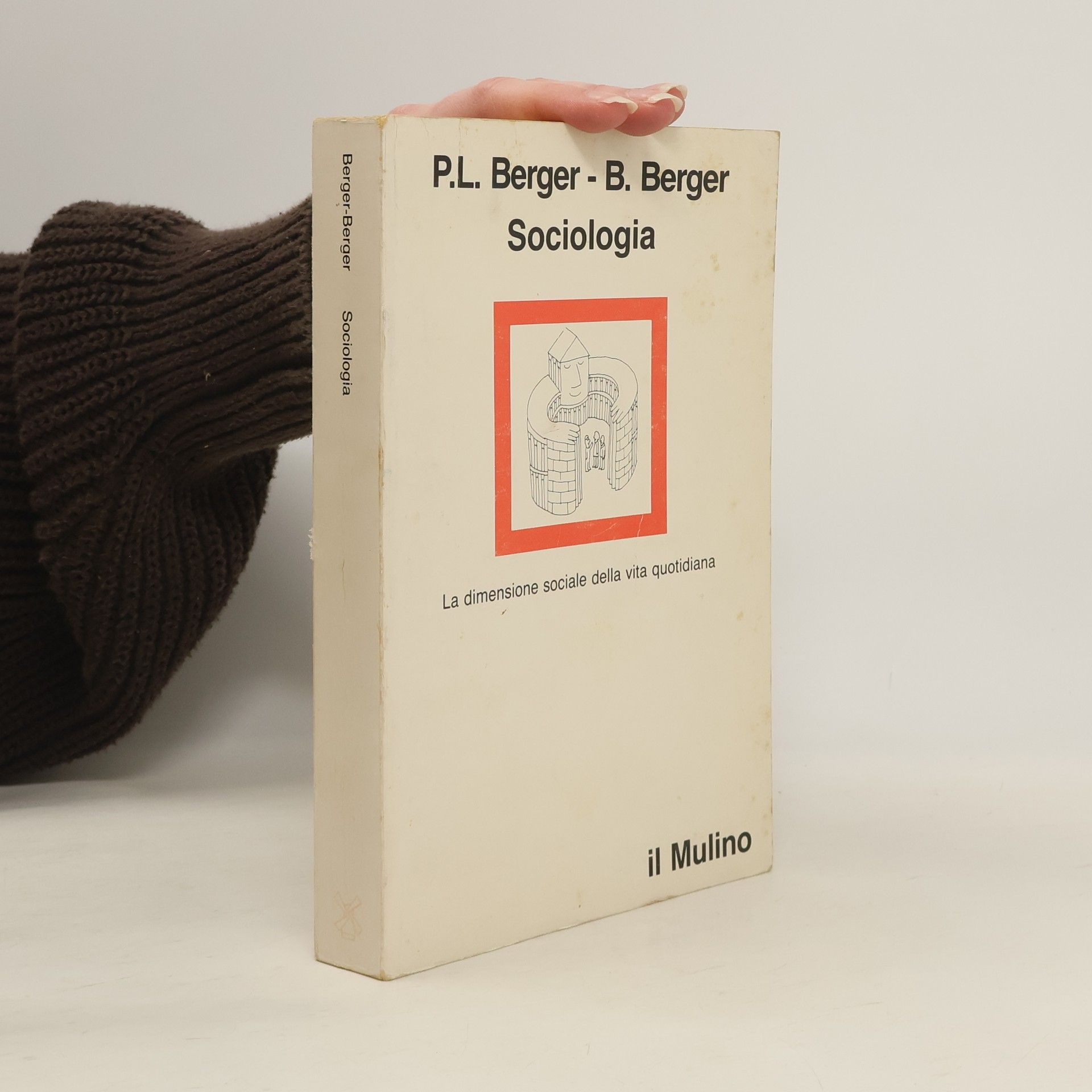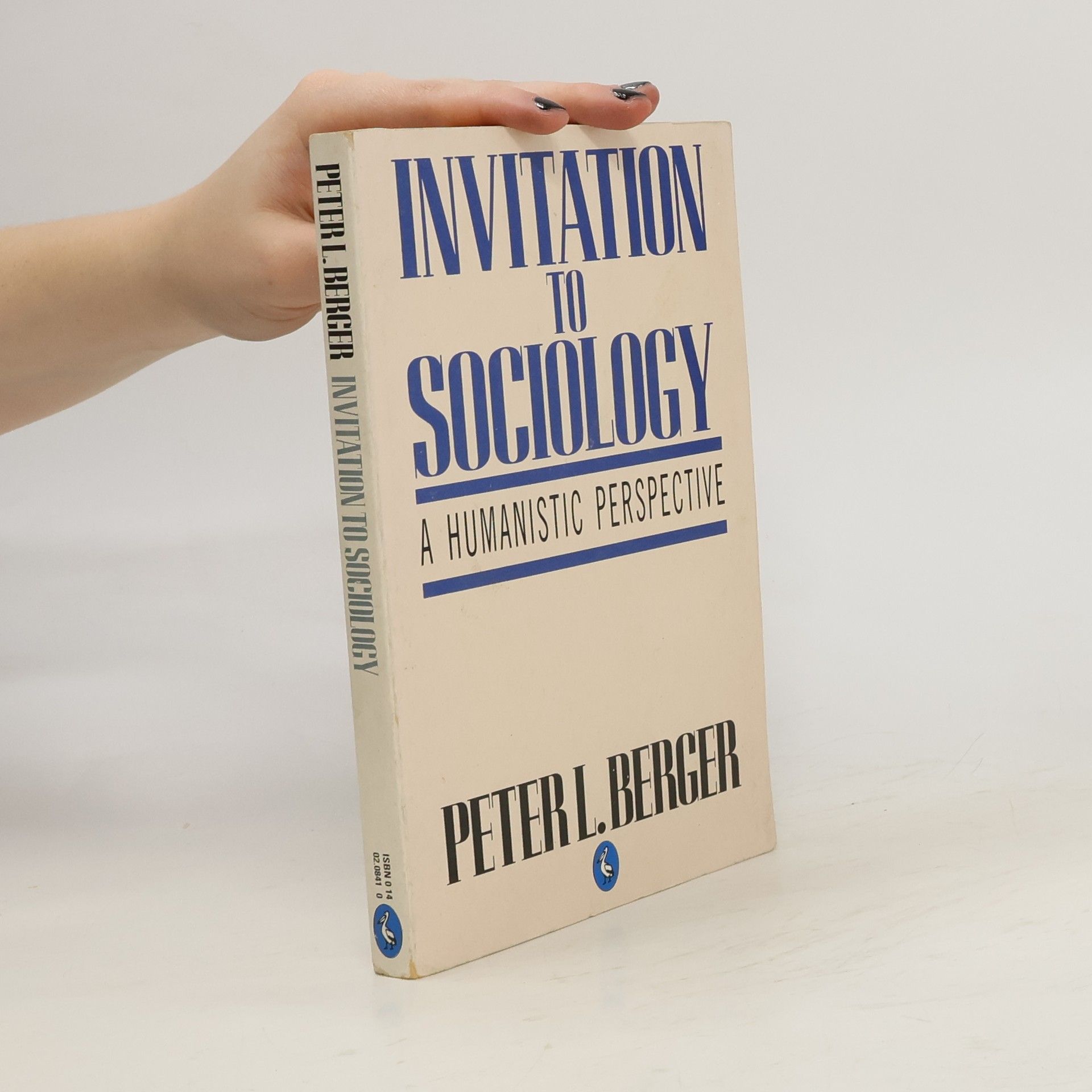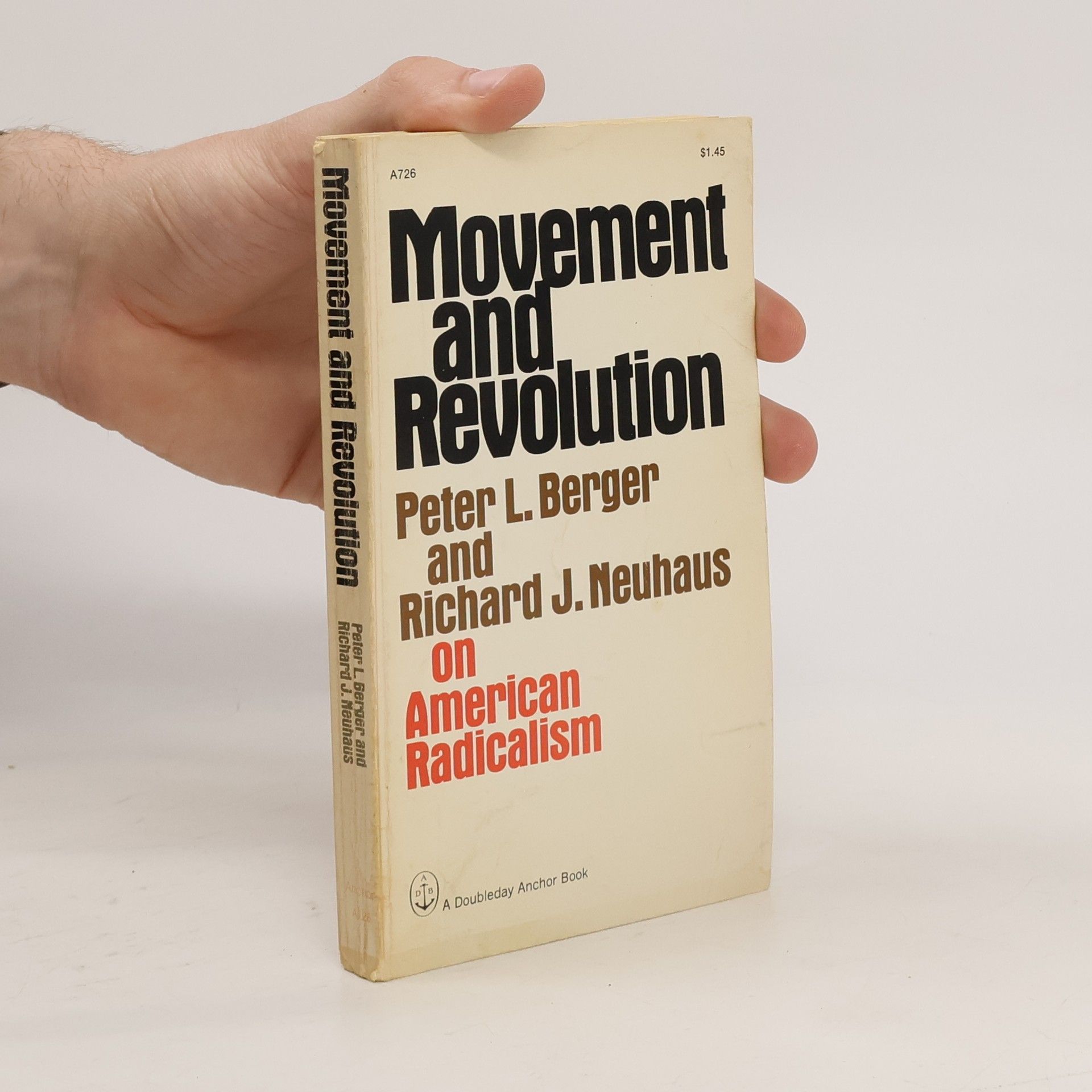La realtà come costruzione sociale
- 258pagine
- 10 ore di lettura
Ciò che noi percepiamo come "reale" varia da società a società ed è prodotto, trasmesso e conservato tramite processi sociali che la sociologia della conoscenza si incarica di indagare. Questa problematica viene esaminata nei suoi due aspetti simmetrici e complementari: l'esteriorizzazione, ovvero la trasformazione dell'attività umana in una realtà sociale oggettiva attraverso l'istituzionalizzazione; l'interiorizzazione, ovvero la reintroduzione del mondo sociale oggettivo nella coscienza del soggetto attraverso la socializzazione.


